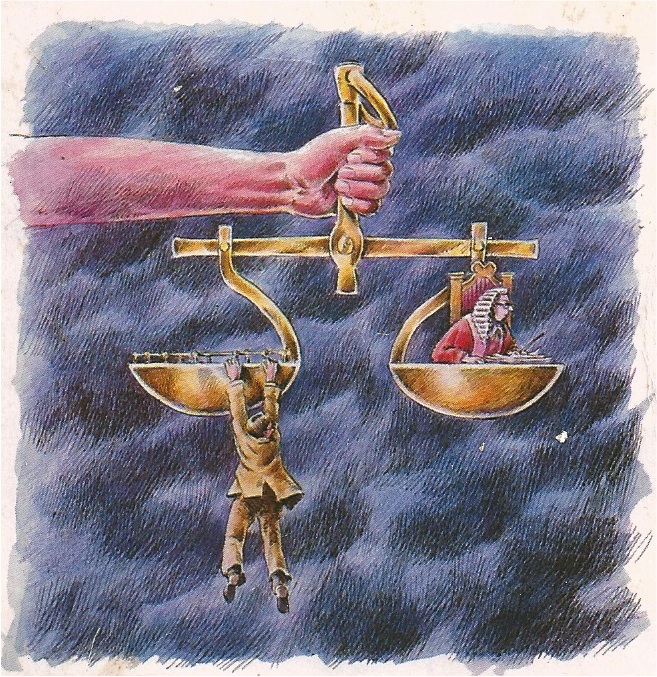A cross-party group of MPs and peers are calling for an urgent review of compensation for the wrongly convicted in the wake of concerns over arrangements for the sub-postmasters wrongly accused of theft, fraud and false accounting due to a flaw in the Horizon IT system.
In an open letter addressed to the Justice Secretary Dominic Raab, the chair of the all-party parliamentary group on miscarriages of justice Barry Sheerman MP called on the Ministry of Justice (MoJ) ‘to take urgent steps to review the redress given to victims of miscarriages of justice and to strengthen our justice system’s defence against them’.
As previously reported by The Justice Gap, all victims of the scandal are expected to receive compensation by the end of the year. However (and as revealed by freedom of information requests made by the Justice Gap) the MoJ has almost completely stopped paying out compensation to the wrongly convicted as a result of a change in the law in 2014, leading to the charge of hypocrisy.
Pleased to see @BarrySheerman putting pressure on the MoJ over their shameful approach to compensating victims of miscarriages of justice.
To acknowledge the importance of compensation for victims of the post office scandal and deny it to others is hypocritical + plain wrong https://t.co/NnnzCwGIUN
— APPEAL – #ActivistLawyers (@we_are_APPEAL) February 21, 2022
The criterion for the statutory compensation scheme for miscarriages of justice is currently set out under Section 133 of the Criminal Justice Act 1998, but because of an amendment to the scheme applicants must be able to prove their innocence beyond a reasonable doubt. Only a total of eight payouts have been made under the new arrangements; not a penny had been paid out last year.
In his letter to the Justice Secretary, Barry Sheerman highlighted the fact that individuals are excluded from the scheme ‘unless they are able to point to a new fact which proves to the criminal standard of proof that they did not commit the offence of which they were convicted’. Sheerman also drew attention to the exclusion of those who have had their convictions squashed on direct appeal ‘irrespective of the time that they may have spent in prison’ and those stuck in prison on remand as a result of ‘unfounded criminal prosecutions’ (‘a concern that is evert present given the current delays in the criminal justice system’).
‘I have had local cases of constituents, who have maintained their innocence, that have had to wait years before a trial,’ the MP wrote. ‘Additionally, I have had constituents who have spent many years in prison, only to have their convictions quashed, but they’re still not eligible for compensation under the statutory scheme.’







